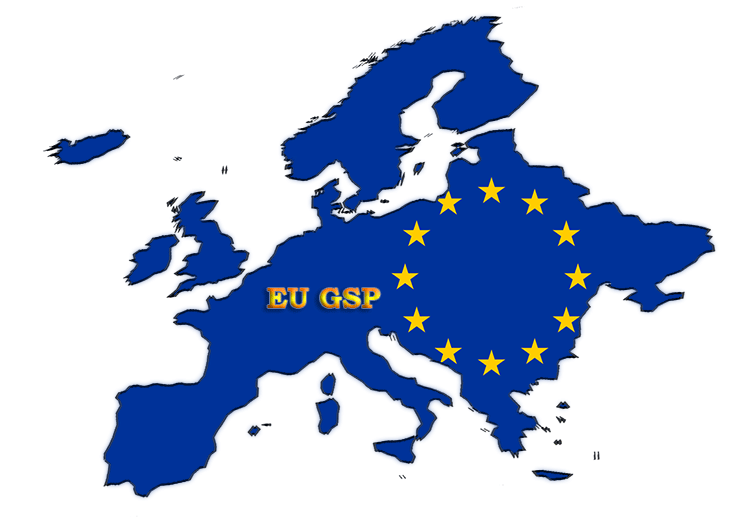EU Trade Preference GSP+ to Bangladesh Conditional
 Preferential treatment of Bangladesh’s goods and services in the European Union (EU) market in the future will depend on implementation of 27 core UN conventions on human and labour rights, environmental protection and good governance, according to the EU during a virtual high-level policy meeting with Bangladesh on the 20th October 2020.
Preferential treatment of Bangladesh’s goods and services in the European Union (EU) market in the future will depend on implementation of 27 core UN conventions on human and labour rights, environmental protection and good governance, according to the EU during a virtual high-level policy meeting with Bangladesh on the 20th October 2020.
Bangladesh will no longer be qualified for it’s current zero-duty export benefit under the EU’s Everything But Arms (EBA) programme after it graduates from a Least Developed Country (LDC) to a Middle-Income Country (MIC) by 2024 as estimated by most economists. The EU, however, accepts a three years’ grace period to ensure a smooth transition before Bangladesh finally loses it’s EBA facility in 2027.
Bangladesh has ratified all but one convention, related to child labour, which Bangladesh committed to ratify soon. At least half a dozen of those conventions are ratified with different degrees of reservations. The EU stands that ratification alone is not sufficient – more emphasis must be ensured to the implementation of those conventions instead, in order to obtain GSP+.
This EU trade incentive programme is designed to support developing countries face the special burdens and responsibilities resulting from the ratification of 27 core international conventions on human and labour rights, environmental protection and good governance.
GSP+ grants full removal of tariffs on over 66 per cent tariff lines covering a very wide array of products, including textiles and fisheries, the major export sectors for Bangladesh to the EU.
Bangladesh will face nearly 12.5 per cent duty on almost 17 € billion exports to the EU in case of failing to secure GSP+, which Bangladesh is working towards. Although the current discussions mainly concentrates on labour rights, environmental protection is expected to follow soon as next significant point given the rapid industrialisation of riverbanks, wetlands and forest areas, according to the sources.
Bangladesh exported 16.78 € billion under the currently available EBA scheme, which is 96.4% of Bangladesh’s total export to the EU and 24.4% of all Generalised Scheme of Preferences (GSP) import in the EU in 2018.
The EU made it clear to Bangladesh that products made in Bangladesh, like all other exporting countries to the EU, requires to make sure that it’s products are ILO-conventions and EU-regulations compliant in order to export to the EU, which is evaluating the practices of Bangladesh on the core conventions. The outcome of the evaluation would determine whether the GSP+ would be granted or not after Bangladesh’s official graduation to MIC, according to the EU.
The EU recognises that Bangladesh has made a number of commendable improvement in terms of workplace safety in the garment sector but more needs to be done in other relevant areas, particularly with regard to the labour rights reform.
-: END :-
